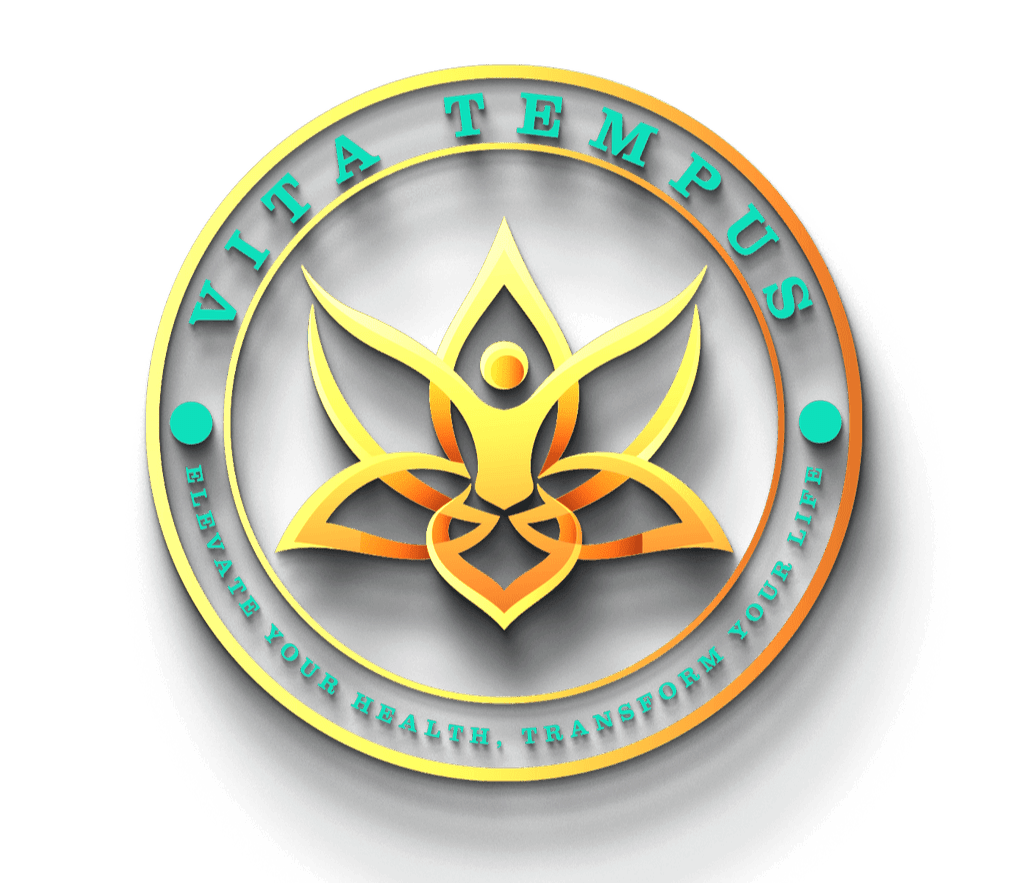About Us
Alternative Therapies for Pain Management & Psychological Disorders
1. Physical Therapy & Rehabilitation
Targeted exercises to improve strength, flexibility, and mobility
Techniques like myofascial release and manual therapy for pain relief
Postural training and ergonomics
2. Acupuncture
Based on Traditional Chinese Medicine (TCM), acupuncture may help with chronic pain conditions such as arthritis, fibromyalgia, and neuropathy
3. Chiropractic Care
Spinal adjustments and manipulations can help alleviate back pain, neck pain, and headaches
Often used for musculoskeletal disorders and post-surgical recovery
4. Massage Therapy
Reduces muscle tension and improves circulation
Can help relieve symptoms of neuropathy, arthritis, and post-operative pain
5. Mind-Body Therapies
Meditation & Mindfulness-Based Stress Reduction (MBSR): Helps with chronic pain and stress management
Biofeedback Therapy: Uses sensors to help patients control physiological responses like heart rate and muscle tension
Guided Imagery & Hypnotherapy: Useful for pain perception and relaxation
6. Nutritional Therapy & Supplements
Anti-inflammatory diet (rich in omega-3s, turmeric, ginger, and antioxidants)
Magnesium, Vitamin D, and B-complex vitamins for nerve pain and muscle health
CBD-derived products (non-THC options) for pain relief and inflammation
7. Herbal & Holistic Remedies
Capsaicin cream: Topical pain relief for nerve pain and arthritis
Boswellia & Turmeric: Natural anti-inflammatory agents
Essential oils (lavender, eucalyptus, peppermint) for pain relief and relaxation
8. Non-Opioid Medications
Antidepressants (e.g., Duloxetine, Amitriptyline): Used for neuropathic pain and fibromyalgia
Anticonvulsants (e.g., Gabapentin, Pregabalin): Often prescribed for nerve pain
Topical lidocaine patches or NSAID creams
Alternative Therapies for PTSD, Anxiety, & Insomnia
1. Cognitive Behavioral Therapy (CBT) & Psychotherapy
Trauma-Focused CBT (TF-CBT) for PTSD
Eye Movement Desensitization and Reprocessing (EMDR) for trauma-related distress
Dialectical Behavior Therapy (DBT) for emotional regulation
2. Stress-Reduction Techniques
Yoga & Tai Chi: Promote relaxation and mindfulness
Breathwork Exercises: Techniques like diaphragmatic breathing, box breathing, and 4-7-8 breathing help regulate stress responses
3. Supplements & Natural Remedies
Melatonin & Magnesium: Support sleep regulation and reduce anxiety
Ashwagandha & Rhodiola: Adaptogens that help manage stress and cortisol levels
L-Theanine: Found in green tea, promotes relaxation without sedation
4. Sound & Light Therapy
Binaural Beats & Sound Healing: May help with relaxation and improved sleep
Red Light Therapy: Can reduce inflammation and improve cellular recovery
5. Weighted Blankets & Sensory Therapy
Deep pressure stimulation can reduce symptoms of PTSD, anxiety, and insomnia
Integrative & Holistic Approaches
For patients seeking non-cannabis alternatives, a multimodal approach that combines physical, psychological, and lifestyle-based therapies is often the most effective.
There are several alternative therapies for pain management, PTSD, anxiety, and related conditions that do not involve MCANN. These approaches can be used alone or in combination with other treatments for symptom relief and improved quality of life. However, for those who qualify, MCANN evaluations are also available as an option.
Alternative Therapies for Pain Management
1. Physical Therapy & Rehabilitation
Targeted exercises to improve strength, flexibility, and mobility
Techniques like myofascial release and manual therapy for pain relief
Postural training and ergonomics
2. Acupuncture
Based on Traditional Chinese Medicine (TCM), acupuncture may help with chronic pain conditions such as arthritis, fibromyalgia, and neuropathy
3. Chiropractic Care
Spinal adjustments and manipulations can help alleviate back pain, neck pain, and headaches
Often used for musculoskeletal disorders and post-surgical recovery
4. Massage Therapy
Reduces muscle tension and improves circulation
Can help relieve symptoms of neuropathy, arthritis, and post-operative pain
5. Mind-Body Therapies
Meditation & Mindfulness-Based Stress Reduction (MBSR): Helps with chronic pain and stress management
Biofeedback Therapy: Uses sensors to help patients control physiological responses like heart rate and muscle tension
Guided Imagery & Hypnotherapy: Useful for pain perception and relaxation
6. Nutritional Therapy & Supplements
Anti-inflammatory diet (rich in omega-3s, turmeric, ginger, and antioxidants)
Magnesium, Vitamin D, and B-complex vitamins for nerve pain and muscle health
CBD-derived products (non-THC options) for pain relief and inflammation
7. Herbal & Holistic Remedies
Capsaicin cream: Topical pain relief for nerve pain and arthritis
Boswellia & Turmeric: Natural anti-inflammatory agents
Essential oils (lavender, eucalyptus, peppermint) for pain relief and relaxation
8. Non-Opioid Medications
Antidepressants (e.g., Duloxetine, Amitriptyline): Used for neuropathic pain and fibromyalgia
Anticonvulsants (e.g., Gabapentin, Pregabalin): Often prescribed for nerve pain
Topical lidocaine patches or NSAID creams
Alternative Therapies for PTSD, Anxiety, & Insomnia
1. Cognitive Behavioral Therapy (CBT) & Psychotherapy
Trauma-Focused CBT (TF-CBT) for PTSD
Eye Movement Desensitization and Reprocessing (EMDR) for trauma-related distress
Dialectical Behavior Therapy (DBT) for emotional regulation
2. Stress-Reduction Techniques
Yoga & Tai Chi: Promote relaxation and mindfulness
Breathwork Exercises: Techniques like diaphragmatic breathing, box breathing, and 4-7-8 breathing help regulate stress responses
3. Supplements & Natural Remedies
Melatonin & Magnesium: Support sleep regulation and reduce anxiety
Ashwagandha & Rhodiola: Adaptogens that help manage stress and cortisol levels
L-Theanine: Found in green tea, promotes relaxation without sedation
4. Sound & Light Therapy
Binaural Beats & Sound Healing: May help with relaxation and improved sleep
Red Light Therapy: Can reduce inflammation and improve cellular recovery
5. Weighted Blankets & Sensory Therapy
Deep pressure stimulation can reduce symptoms of PTSD, anxiety, and insomnia
MCANN Evaluations Are Available
For those who qualify under Mississippi’s MCANN Program, evaluations for MCANN certification are available. MCANN may provide relief for conditions such as:
Chronic pain
PTSD
Neuropathy
Cancer-related symptoms (nausea, pain, appetite loss)
Anxiety and insomnia
If you are interested in exploring MCANN as a treatment option, an evaluation can help determine if it is appropriate for your condition.
Contact Us
Let’s Connect for Personalized Care
Ready to take the next step toward better health? Fill out the form below, and our team will reach out to schedule a convenient appointment or answer any questions you have. We're here to provide the care and attention you deserve!

